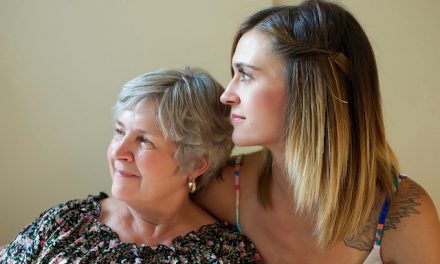What is diabetes and what is its prevalence
in African American Women?
Diabetes is an abnormal metabolism of sugar that happens when the body does not produce enough insulin. Type II, or Non-Insulin Dependent Diabetes Mellitus, affects about 16 million American people. Among African American women, this form of diabetes has reached epidemic proportions; age 20 years or older, the rate is 11.8%. About 1 in 4 black women over the age of 55 years of age has diabetes, nearly twice the rate of white women.
Within the last ten years research has been focused on racial differences in the cause, treatment and long term complications of this disease. African Americans experience higher rates of at least three of diabetes' most serious complications: blindness, amputation and kidney failure.
What are the risk factors for diabetes
in African American Women?
Research suggests that many African Americans carry a gene that predisposes them toward impaired glucose tolerance, one of the risk factors for diabetes. African American women also have a higher rate of obesity, another risk factor for diabetes.
African American women between the ages of 25 and 74 are more overweight compared to white women of the same age group. Obesity and diabetes are highly correlated especially among women. This correlation has been reported by many researchers.
The location of body fat also plays a role in the risk for African American women. Women who have most of their body fat in the abdominal area are more at risk for diabetes than women who carry their weight on their hips and buttocks. Another risk factor is lack of physical activity. In the government�s NHANES III survey, 67% of black women reported that they participated in little or no leisure time physical activity.
Women who have a family member with diabetes also are at a higher risk for developing this disease.
What is the treatment for diabetes
in African American women?
It is up to your doctor to prescribe management of your diabetes, but you as the patient need to also take control of your life. Treatment consists of either medication (by mouth or insulin injections) and lifestyle changes. They consist of nutrition and weight management, along with regular activity and exercise.
Weight loss is very important in the management of diabetes and may decrease your need for medication. Weight loss programs for African American women should address a large range of attitudes, beliefs and sociocultural factors that would inhibit their weight loss.
Exercise is also very important in the treatment of diabetes. However, designing a program that is appropriate to the needs of African American women is challenging. Women who work or who are single with children have difficulty finding time to exercise. African American women, as all women, should find reasonable and affordable ways to exercise, including walking, jogging, community sports or in-home exercise videos. These life changes are critical to avoid the potentially devastating side of effects of this disease.
For More Information:
You can find out more about Diabetes and African American
Women by contacting the
following organizations:
American Diabetes Association: The African American Program
Internet Address: http://www.diabetes.org/africanamerican/
Joslin Diabetes Center
Phone: (617) 732-2400, (800) 567-5461
Internet Address: http://www.joslin.org
Photo: Pexels / Pixabay
NWHIC; Original Publication Date: 12/2000









